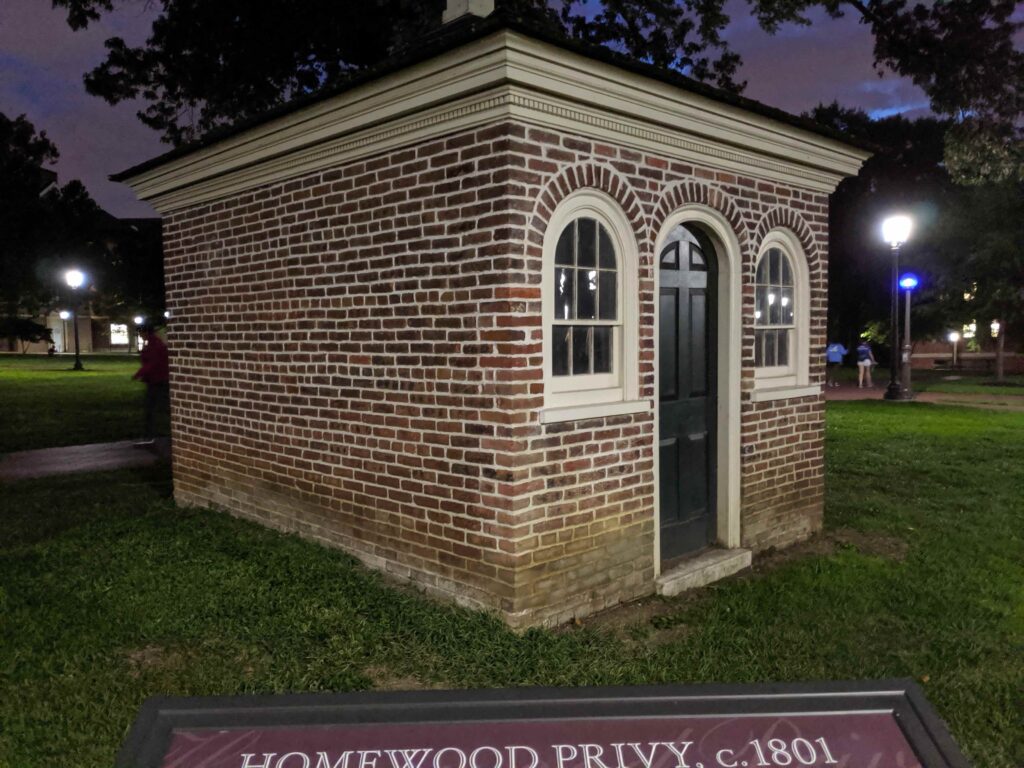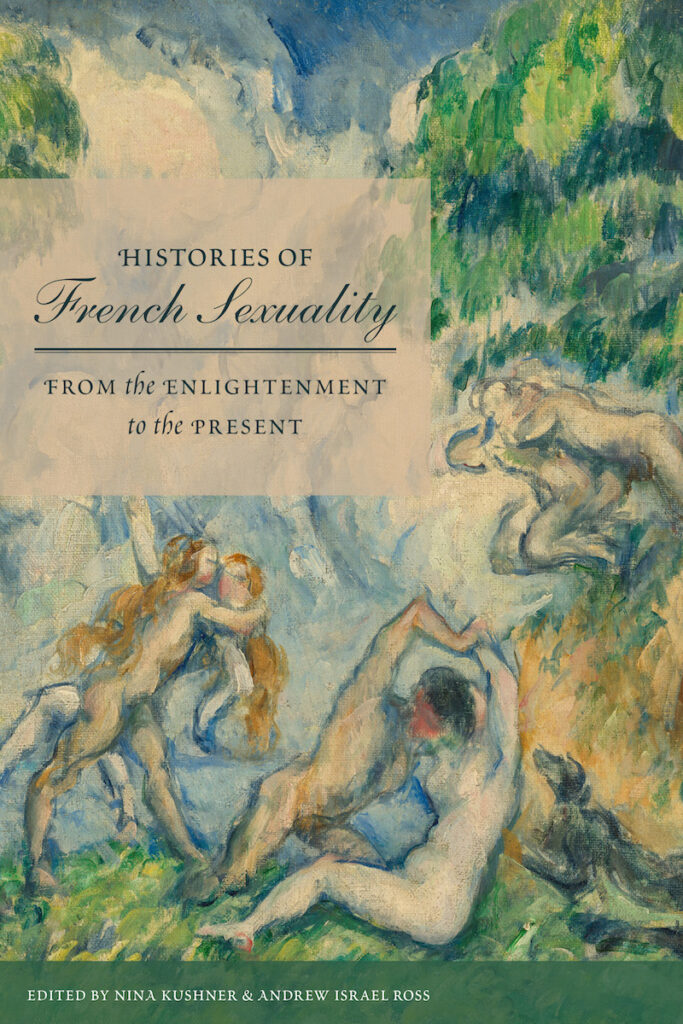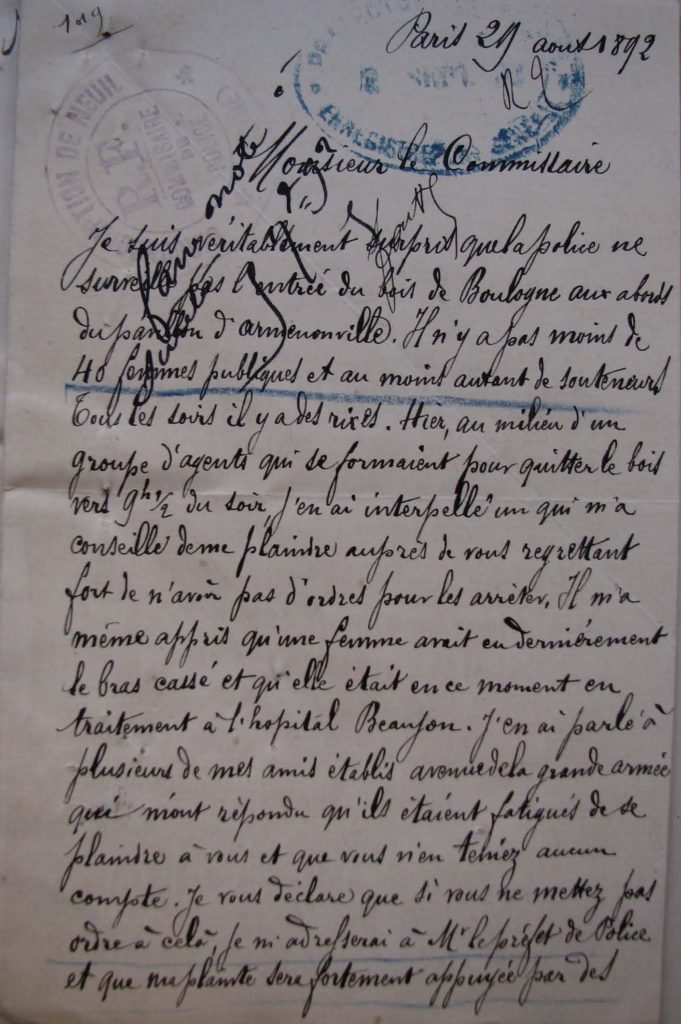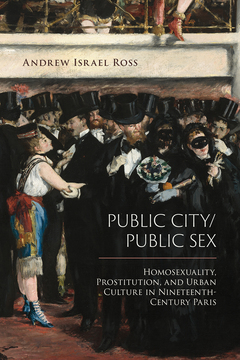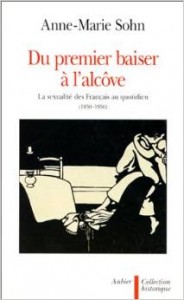On my flight back from the annual meeting of the Western Society for French History, I was seated next to a woman who struck me as the quintessential representative of San Francisco. I didn’t quite catch all the details, but needless to say she is quite wealthy and lives near Jack Dorsey, runs a foundation, is involved in multimillion dollar research and charitable endeavors, and is quite enthusiastic about both spiritualism and the possibilities of AI. Some of my least favorite words — “influencer,” “thought leader” — were used un-ironically. She was very nice and, though I am not someone who wants to chat with strangers on a plane, seemed genuinely interested in my work and my experience in San Francisco. But she also expressed surprise when I described as “creepy” the idea of putting my research into an AI chatbot so that readers might have a “conversation” with AI-me, the implication being that I was this weird luddite behind the times. The confidence she expressed not only that this kind of tech was the future, but that it could be harnessed by her and her cohort to solve both our material and our spiritual problems typified what I know of the world of Silicon Valley and especially its current role in our politics.
I was reminded of my chat after reading a recent article in The Atlantic that was going around Bluesky on various issues facing Business school research. The article focuses on the aftermath of the discovery that a major figure in the world of business psychology had used fraudulent data in their research. With a subject that read, “The rot runs deeper than almost anyone has guessed,” my initial impulse was to just quip “I could have guessed” and move on. To anyone with a passing familiarity with the difficulties and problems of behavioral psychology general and with business schools specifically (or just listeners to If Books Could Kill), the idea that much of the conclusions of this world are often, to be generous, a bit suspect is not that surprising.
One of the research conclusions that the Atlantic article describes as now being put into question is that doing a small routine (or “ritual”) before a presentation can help the performance of the presentation. As the Atlantic documents, though this idea is regularly cited in the literature, the data underpinning it has now been shown to have been manipulated.
When I got this part of the article, I came up a bit short. That’s because of the things my airplane neighbor told me — and that she suggested should be spread far and wide — was that research showed that teachers who did just a small act of meditation or reflection every day before entering the classroom showed huge gains in the classroom. Students who had teachers who did this, she told me, had their GPAs rise by something like two points.
Obviously, this doesn’t exactly sound right! But it’s the kind of “life hack” — as the Atlantic terms it — that is so central to these kinds of studies, ones we now know to be not only empirically suspect, but also often rest on fraud. And here’s the thing, the people who believe it, like this philanthropist, are the ones with the money, means, and ability to shape our world. They are the ones making solutions — she was on her way to pitch San Francisco as the site of a major study on homelessness — that rest on essentially made-up conclusions. The story, it seems to me, is not simply that these fields need, like their peers in Psychology, to take enact methodological reform and to rethink their research incentives, but the influence the simple answers they provide hold over policymakers and others with widespread influence over our society. We’re about to see this at its most extreme with Musk and Ramaswamy, but its not as if Democrats are immune. The model described in the Atlantic quite literally rules our world.
